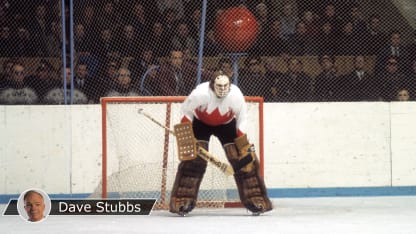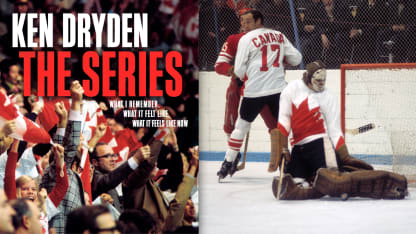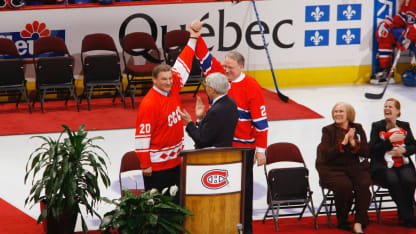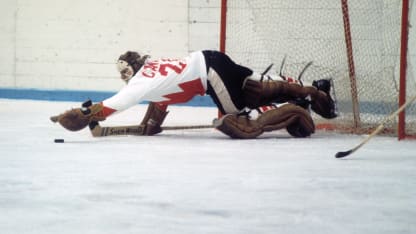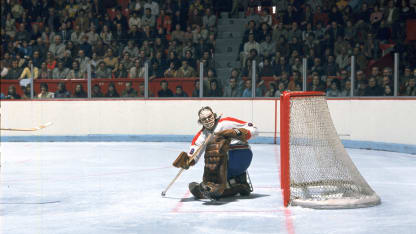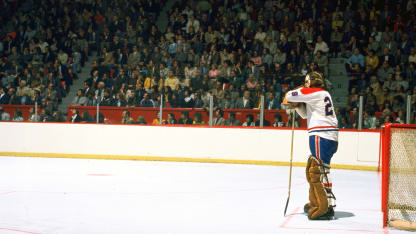You had no time to process the 7-3 loss in Game 1, immediately flying to Toronto for Game 2, which Canada would win 4-1 two nights later with Tony Esposito in goal. You woke up in your Toronto hotel room the morning after Game 1 without a Sunday paper, without the internet or talk radio or TV sports channels. Canada was having a nervous breakdown, but to you, from inside the team, did it seem like nothing had happened?
"You hope that nothing had happened. I mean, your desperate hope was that if there was no evidence around you, then maybe nothing did happen. … Teams and coaches are great about adapting. The moment a game ends, if you lost, it's about everything you did that was wrong, and nothing was right. It probably feels that way for an hour or two. And then before you go to sleep, you start to feel a few things about what's next. When you wake up, you're already into the beginning of the next game, rather than the entrails of the last one. … You go pretty quickly from despair to a new focus and hopefulness."
In Phil Esposito's emotional interview with CTV's Johnny Esaw in the moments after a 5-3 loss in Game 4 at Pacific Coliseum in Vancouver, which put Canada behind 1-2-1 with the series shifting to Moscow, he told the nation that Team Canada players cared deeply about this series. Did that have any kind of effect on you or your teammates?
"People kept saying, 'That was the rallying moment for you (players),' and I'm like, 'No it wasn't.' It wasn't because of Phil's interview. Perhaps without any intention, Phil was speaking to what was on the country's mind, that they thought we were overweight, out of shape, overpaid and, worst of all, that we didn't care. We cared desperately. We have cared about this game all of our lives and here, at this moment, people are saying that we've got so much money that we don't care. The look on Phil's face, the sweat pouring down his face, his eyes drooping, the passion in his voice, the public seeing and hearing that passion, the message they got is, 'They really do care.'"
